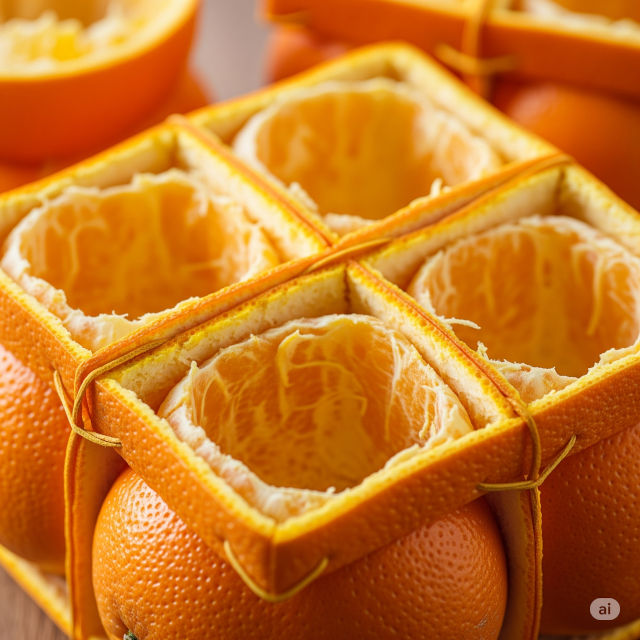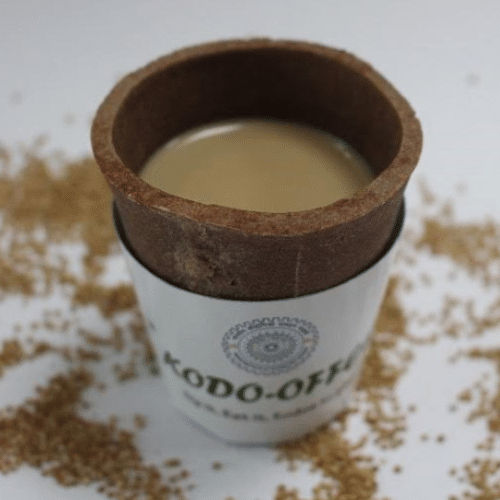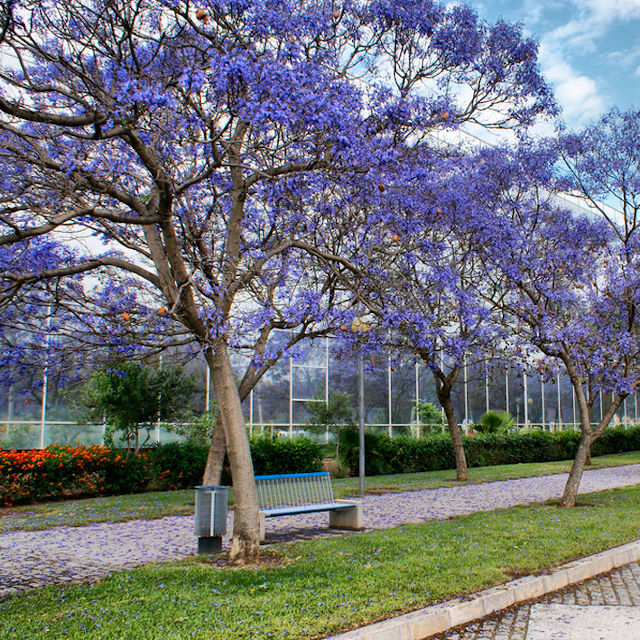One of the most exciting innovations comes from India, where researchers at the Indian Institute of Technology Roorkee (IIT Roorkee) have developed edible cups made from Kodo millet — an ancient grain with high nutritional value and low environmental impact.
A Natural, Compostable, and Edible Alternative
The edible cups are created using a combination of Kodo millet flour, guar gum, hibiscus flower powder, and a small amount of sugar. Millet, a naturally gluten-free grain, offers a rich source of fiber, iron, and protein. Guar gum, extracted from guar beans, acts as a binder, while hibiscus powder adds both antioxidants and visual appeal.
The mixture is molded into cup shapes and baked at 110°C for 25 minutes. The result is a heat-resistant, moisture-stable, and completely biodegradable product — that’s also edible.
Benefits Beyond Sustainability
What sets these cups apart is their holistic sustainability:
-
Zero waste:
The cups can be consumed or composted after use. -
Food-grade safety:
Free from toxins, plastics, or synthetic coatings. -
Local sourcing:
All raw materials are sourced from Indian farms, supporting rural economies. -
Cost-efficiency:
Each cup costs less than 1 Indian rupee to produce, making it viable for large-scale production.
These features make millet-based edible cups a perfect fit for cafes, restaurants, catering services, and eco-conscious event organizers.
A Step Toward the Circular Economy
This innovation highlights the power of eco-friendly packaging, especially when rooted in local agriculture and circular design thinking. Unlike traditional biodegradable options that require industrial composting, millet cups decompose naturally — or can be eaten on the spot.
The development also promotes the revival of millet farming in India, aligning with both food security and environmental protection goals.
Key Takeaways
Millet-based edible cups represent a new generation of sustainable packaging solutions. They’re cost-effective, scalable, and provide real ecological benefits. As consumers and brands increasingly seek plastic-free alternatives, innovations like these play a crucial role in reducing our environmental footprint.
Join the Movement for a Sustainable Future!
#edible packaging, #millet packaging, #sustainable food service, #plastic-free packaging, #biodegradable cups, #eco-friendly packaging materials, #zero waste solutions, #circular economy, #food-grade packaging





